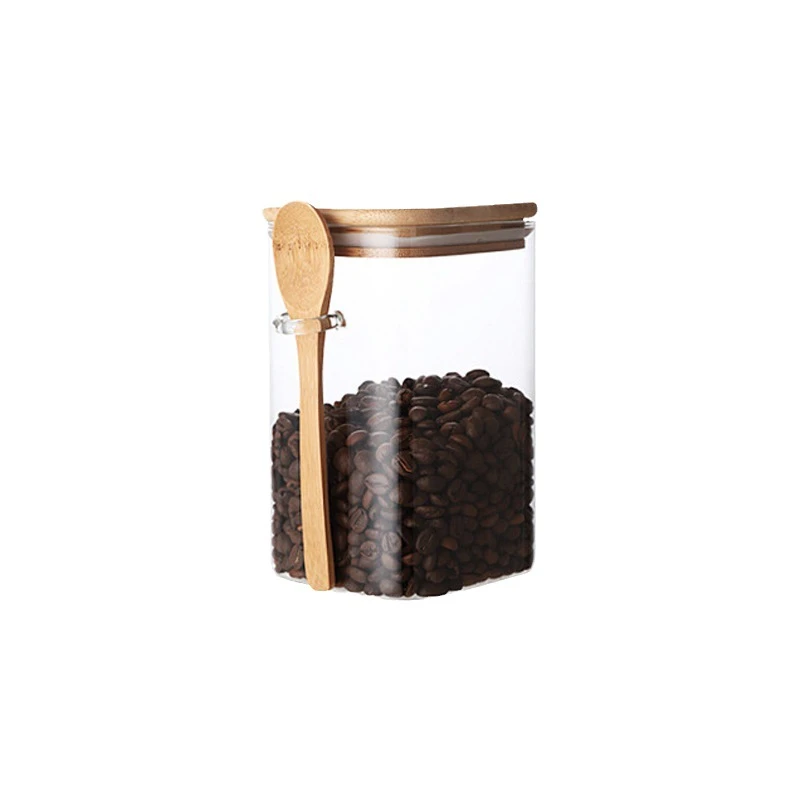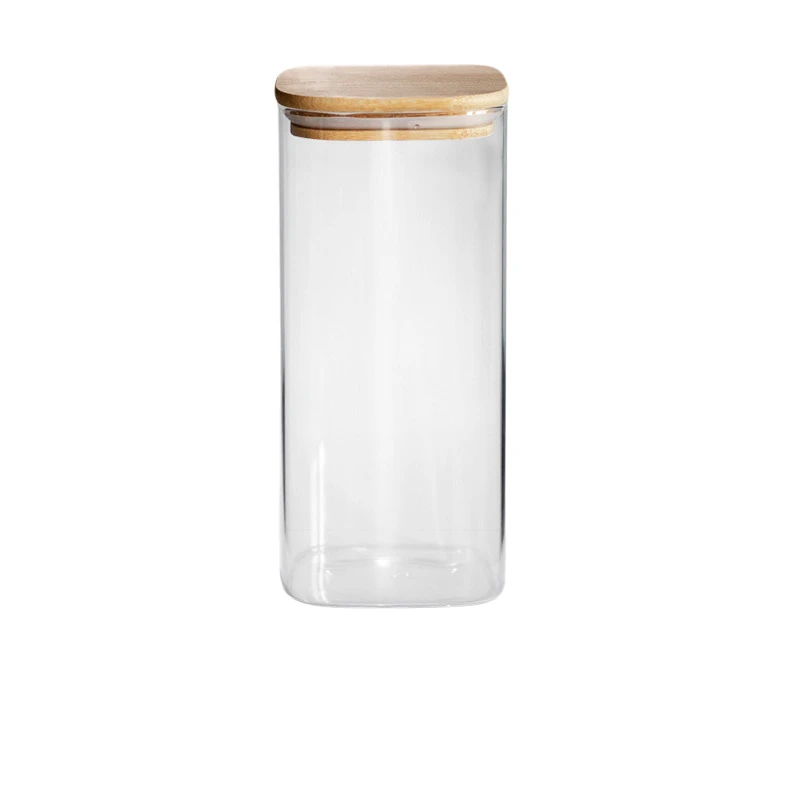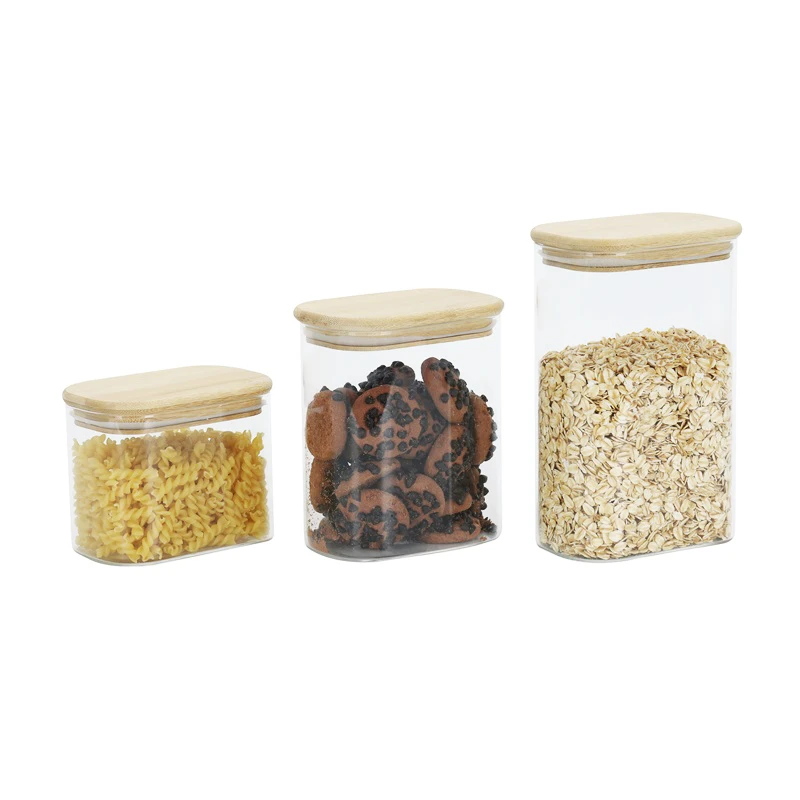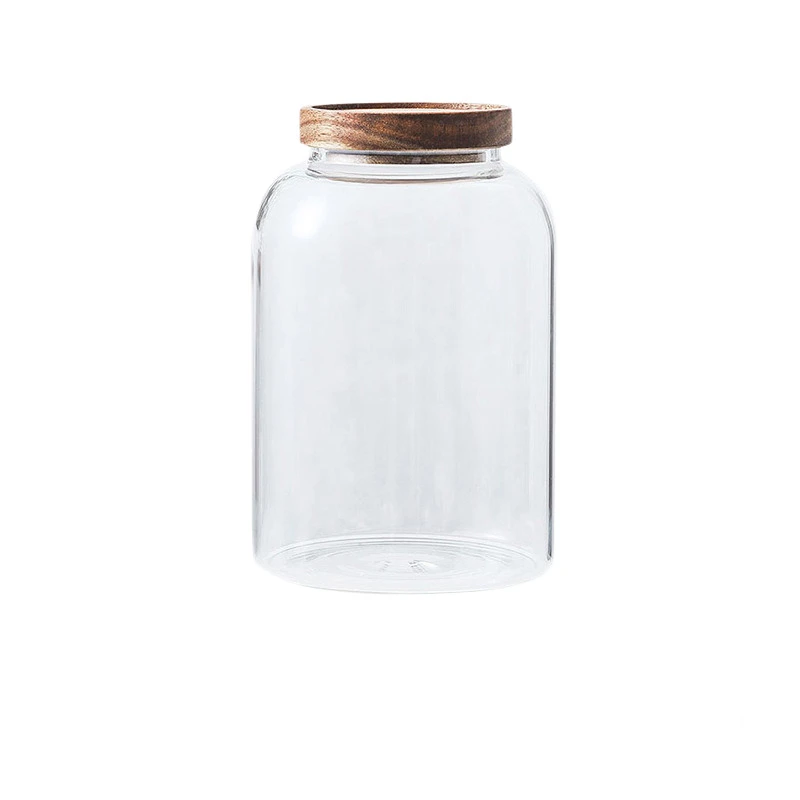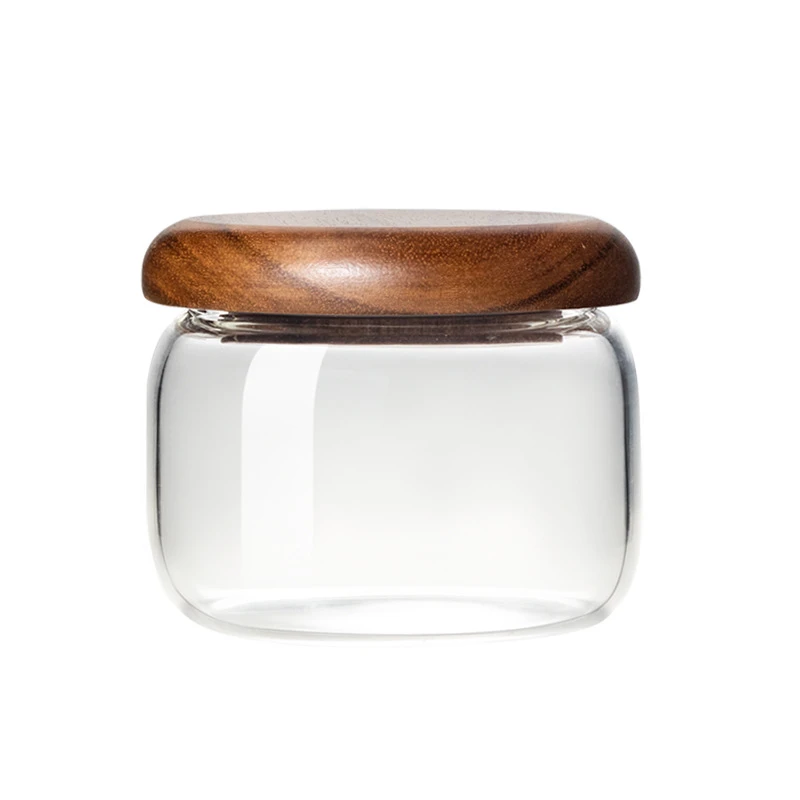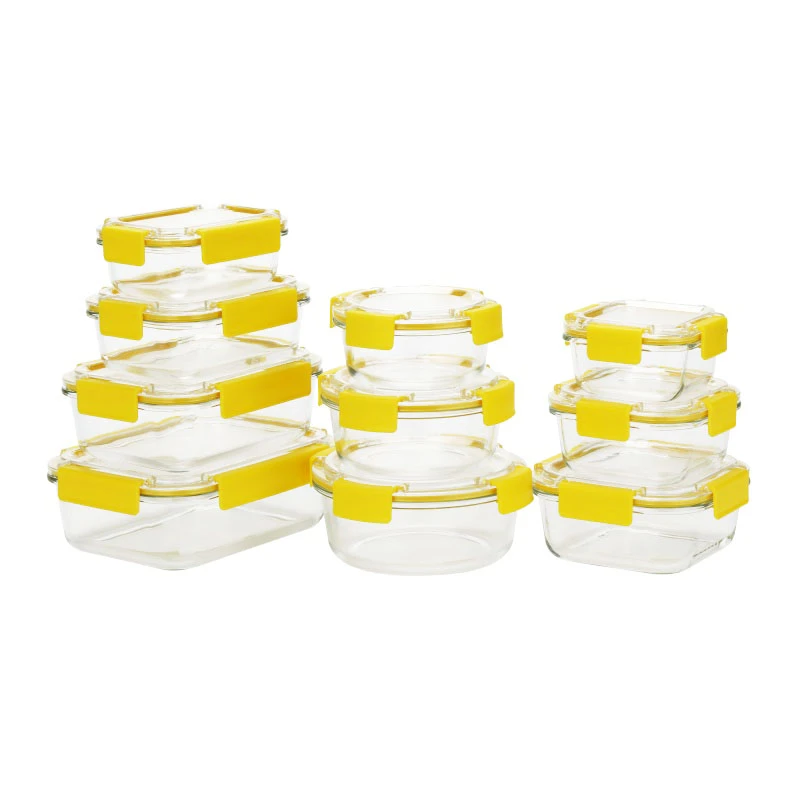 TEL: +86 311 67799298
TEL: +86 311 67799298 Email: tina@yintoglassware.com
Email: tina@yintoglassware.com
medicine glass measurement
Understanding Medicine Glass Measurement A Guide to Accurate Dosing
In the realm of healthcare, the accurate measurement of medications is paramount. One of the essential tools employed by both healthcare professionals and caregivers is the medicine glass. These small, often cylindrical containers are specifically designed for liquid medications, providing a simple yet effective means for administering precise doses. This article aims to explore the significance of medicine glass measurement, its types, and best practices to ensure correct dosing.
The Importance of Accurate Measurement
The efficacy of medication highly depends on the dosage administered. An incorrect dose can have serious consequences, ranging from ineffective treatment to severe side effects. Overdosing can lead to toxicity, while underdosing may result in therapeutic failure. This is particularly critical in pediatrics and with potent medications where small variances can significantly impact patient safety. Therefore, proper measurement using a medicine glass is a fundamental aspect of medication management.
Types of Medicine Glasses
Medicine glasses come in various shapes and sizes, but they generally fall into two categories graduated and non-graduated.
1. Graduated Medicine Glasses These are marked with measurement markings (graduations) on the side, allowing for precise dosing. They typically come in milliliters (ml) and are often used in hospital environments where accuracy is crucial. The graduated design enables caregivers to view the liquid level against the measurement lines, facilitating easy reading and reducing the margin for error.
2. Non-Graduated Medicine Glasses These glasses may have general measurement indicators but lack detailed graduations. They facilitate quick pouring and serving but are not suitable for medications requiring precise dosages. They can be used for larger volumes or when the exact measurement is less critical.
Features to Consider
When selecting a medicine glass, several features should be taken into account
- Material Medicine glasses are commonly made from glass or durable plastic. Glass alternatives provide stability and accuracy, while plastic options are less prone to breaking and are often lighter, making them ideal for home use.
- Ease of Cleaning Opt for materials that can be easily sanitized, especially in healthcare settings where cross-contamination should be minimized.
medicine glass measurement
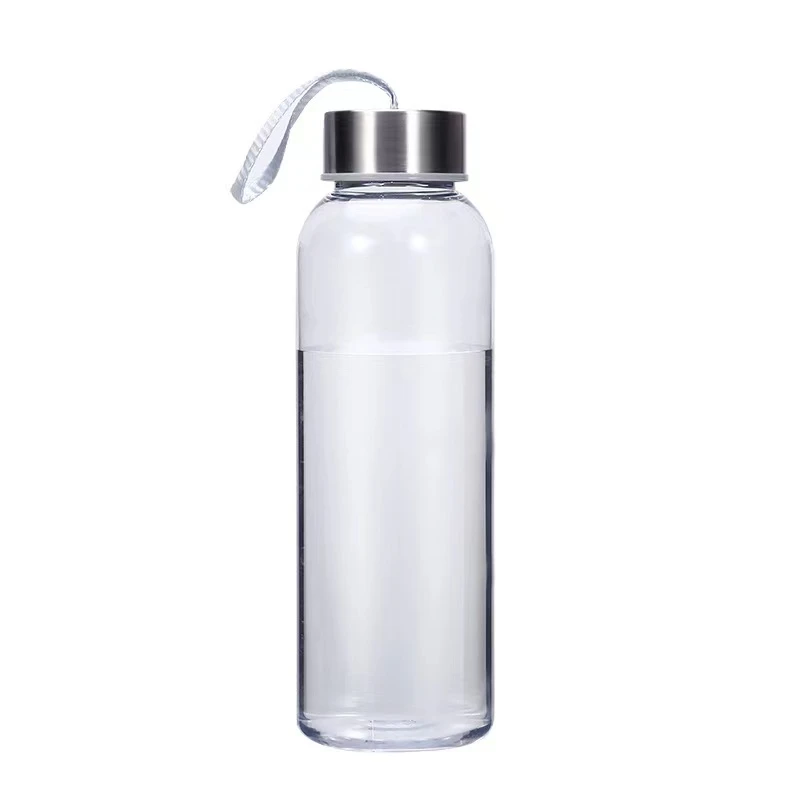
- Size Consider the volume of medication typically administered
. Small glasses might suffice for liquid medications, while larger capacities might be necessary for syrups or mixtures.- Spout Design A pour spout can aid in controlled dispensing, reducing spills and waste.
Best Practices for Using Medicine Glasses
To ensure that you are getting the most out of your medicine glass, you should adhere to several best practices
1. Read the Measurement Accurately When measuring liquid, ensure that the bottom of the meniscus aligns with the measurement line for accuracy. This concave shape is crucial in achieving the proper dose.
2. Level Surface Always place the medicine glass on a flat surface when measuring to avoid errors caused by angle distortions.
3. Use the Right Size Avoid using a larger medicine glass for small doses, as this may lead to inaccuracies. Choose a glass that closely matches the amount being administered.
4. Check after Filling After pouring the liquid, double-check the measurement against the required dose before administration.
5. Rinse and Clean If using the same glass for multiple medications, rinse thoroughly in between to prevent cross-contamination.
Conclusion
In conclusion, the medicine glass is a vital tool in the administration of liquid medications. Its design is tailored to promote accuracy in dosing, which is crucial for patient safety. By understanding the types of medicine glasses, their features, and adhering to best practices, caregivers can ensure that they provide the right dose every time. This fosters better health outcomes and minimizes the risks associated with improper medication administration. Remember, in healthcare, every drop counts!
-
YINTO's colored glass bowls hold stories, not just foodNewsAug.24,2025
-
Exquisite Colored Glass Dinnerware Crafted from Volcanic SandNewsAug.24,2025
-
YINTO's colored glass dinnerware: edible art's canvasNewsAug.24,2025
-
A Blue Glass Dinner Plate with an Integrated NFC ChipNewsAug.24,2025
-
The Ultimate Defense Against Lukewarm RegretNewsAug.24,2025
-
YINTO's double coffee wall cup: A silent thermal revolutionNewsAug.24,2025




